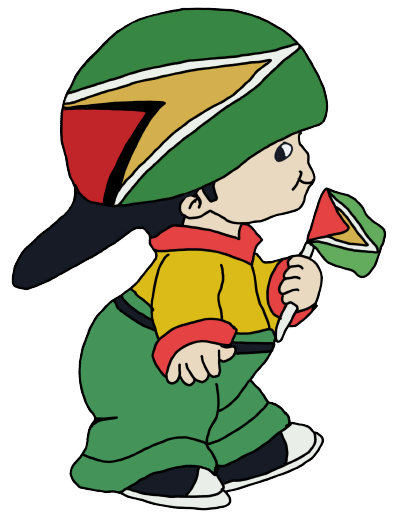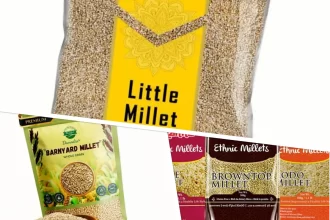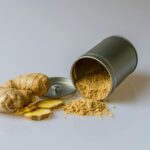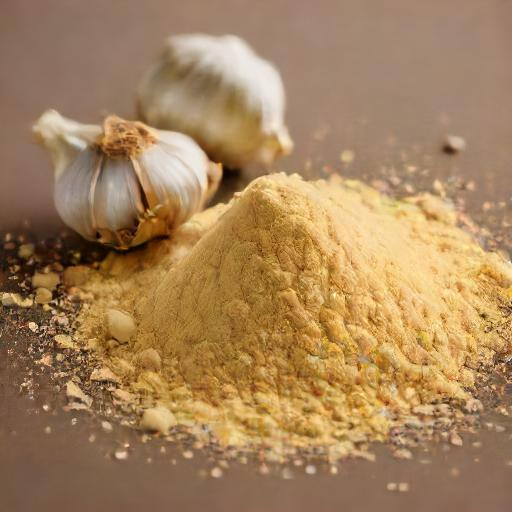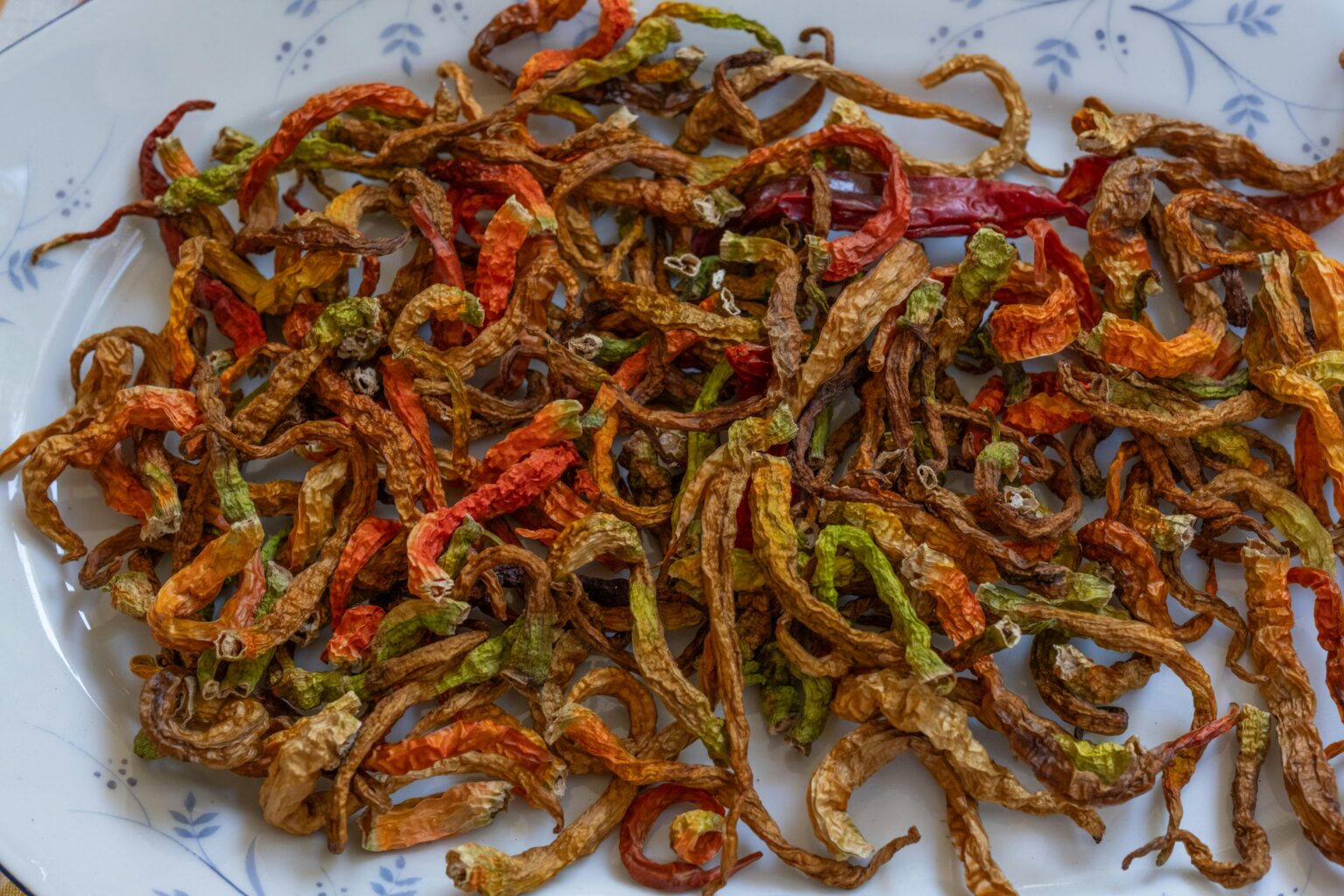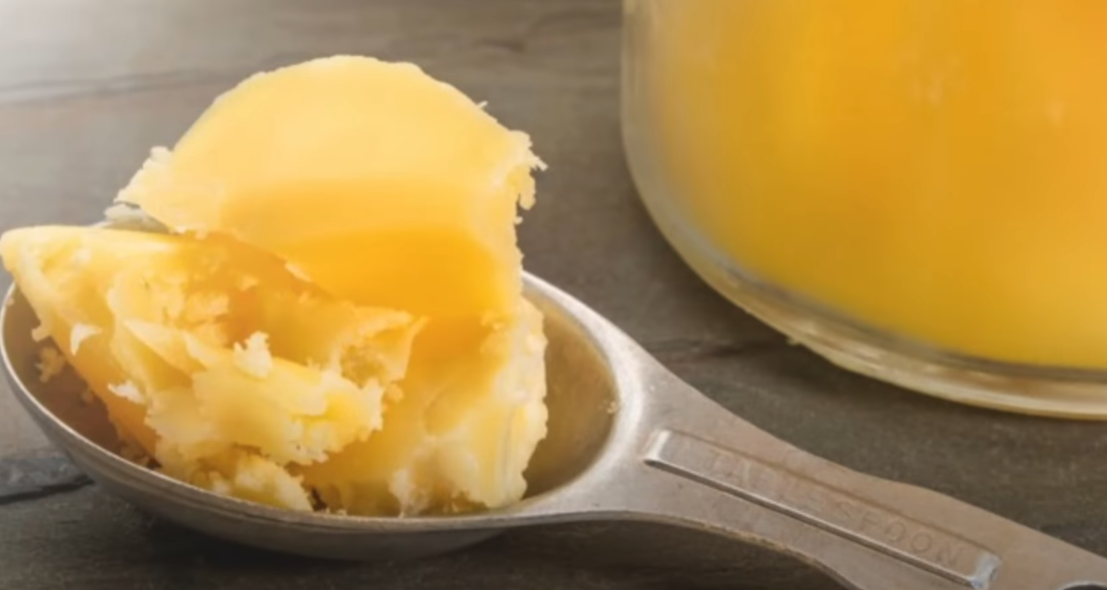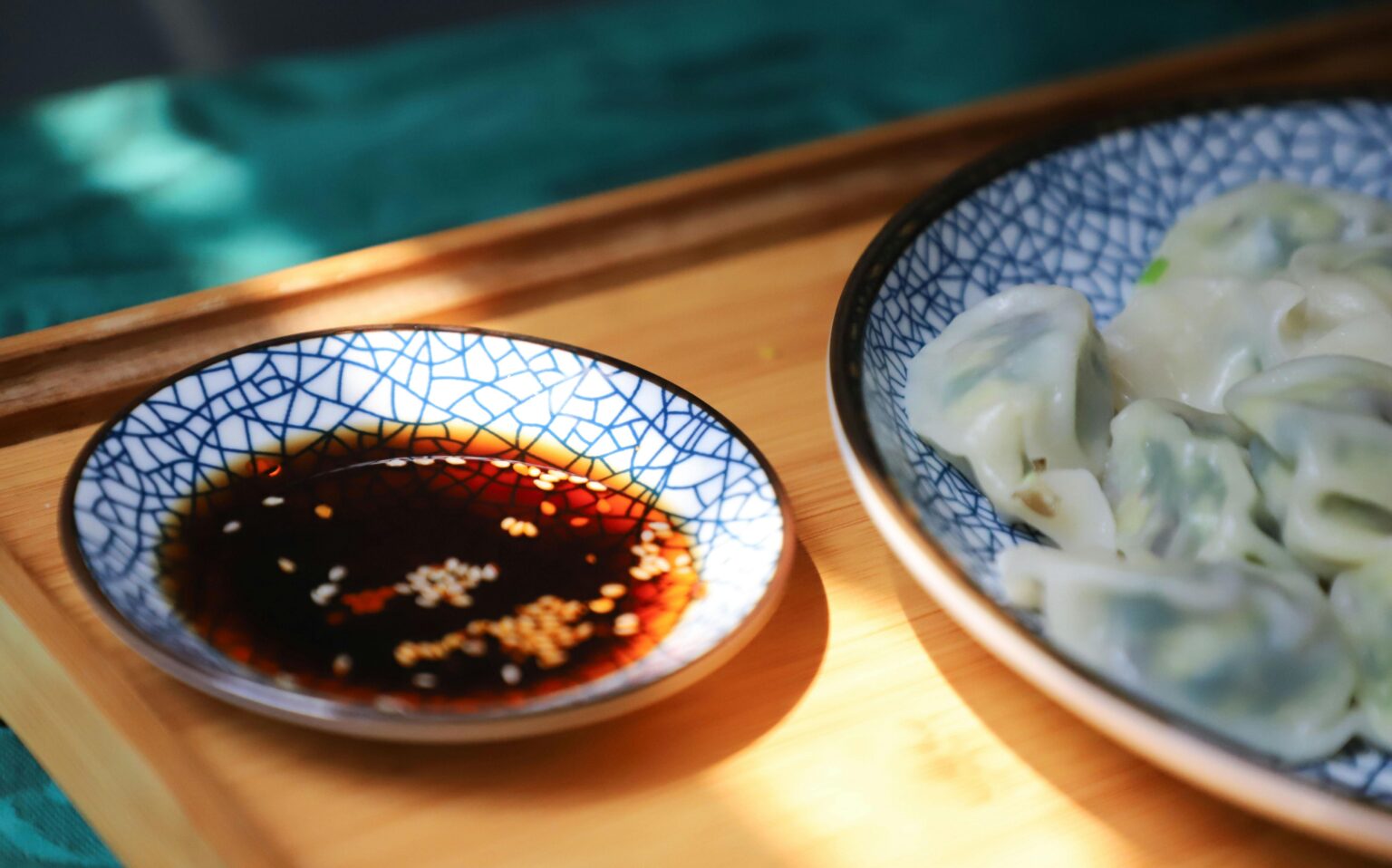Salt, or Namak as it is known in Hindi, is an ingredient in every kitchen. It plays a crucial role in enhancing the flavors of our culinary creations. Whether you’re making a hearty Guyanese pepperpot, a spicy West Indian curry, or just seasoning your favorite dish, the right type of salt can make all the difference. Let’s dive into the different types of salt, their benefits, and how to use them in your cooking.
Types of Salt
| Types of Salt | Common Use | Key Aspect | Health Note | Origin |
|---|---|---|---|---|
| Table Salt | Everyday cooking and baking | Fine texture | Often iodized to prevent iodine deficiency | Evaporated from salt mines or seawater |
| Sea Salt | Finishing dishes, seasoning | Coarse texture, retains trace minerals | Less processed than table salt | Evaporated from seawater |
| Kosher Salt | Cooking, seasoning meat | Large, flaky crystals | Typically additive-free | Mined from salt deposits or seawater |
| Himalayan Pink Salt | Finishing dishes, cooking | Contains trace minerals, pink hue | Mined from ancient sea beds | Mined from the Khewra Salt Mine in Pakistan |
| Celtic Sea Salt | Cooking, finishing | Moist texture, grey color | High mineral content | Harvested from tidal ponds in Brittany, France |
| Red Salt | Finishing dishes, specialty cooking | Unique mineral composition, red hue | Rich in iron and other minerals | Mined from volcanic clay deposits in Hawaii |
Benefits of Salt
Salt in Guyanese and West Indian Cuisine
In Guyanese and West Indian cuisine, salt is a cornerstone ingredient, adding depth and balance to various dishes. Here are a few traditional recipes where salt plays a vital role:
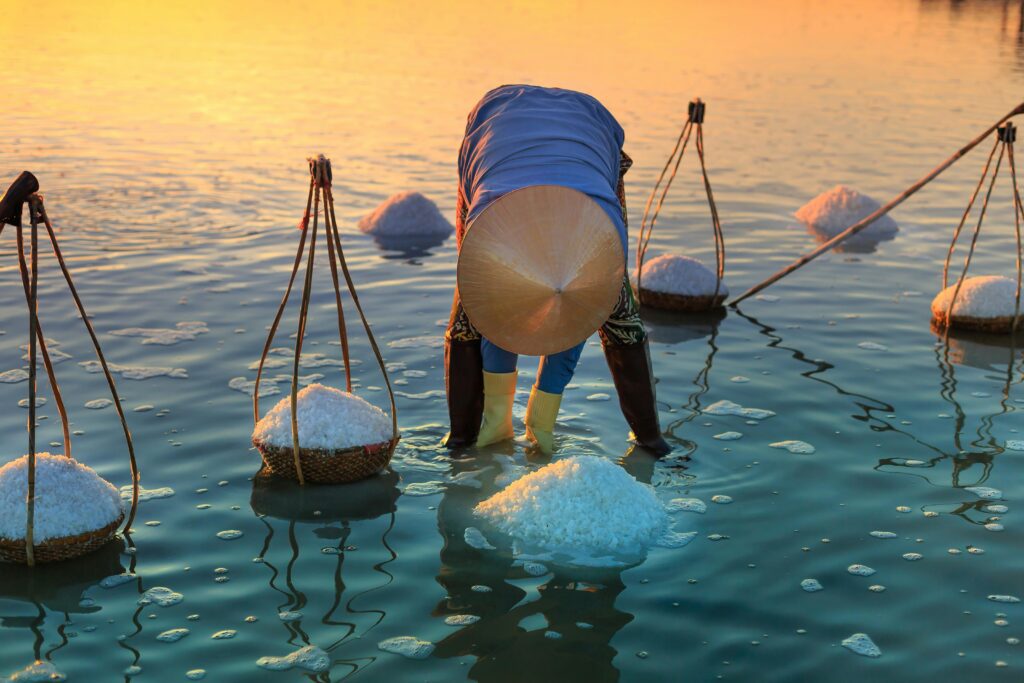
Choosing the Right Salt for Your Kitchen
Salt is more than just a seasoning; it’s a vital ingredient that brings flavor, health benefits, and cultural richness to your kitchen. By understanding the different types of salt and their uses, you can enhance your culinary creations and enjoy the rich flavors of Guyanese and West Indian cuisine.
Consider having a variety of salts to suit different culinary needs. Here are our top recommendations:
Affiliate Disclaimer: Shop Little Guyana participates in various affiliate marketing programs, which means we may earn commissions on purchases made through our links to retailer sites. This helps us continue to provide valuable content and recommendations to our readers while supporting our business. Rest assured, our reviews and recommendations are always based on our honest opinions, and we only promote products and services that we genuinely believe will benefit our audience. Thank you for your support!
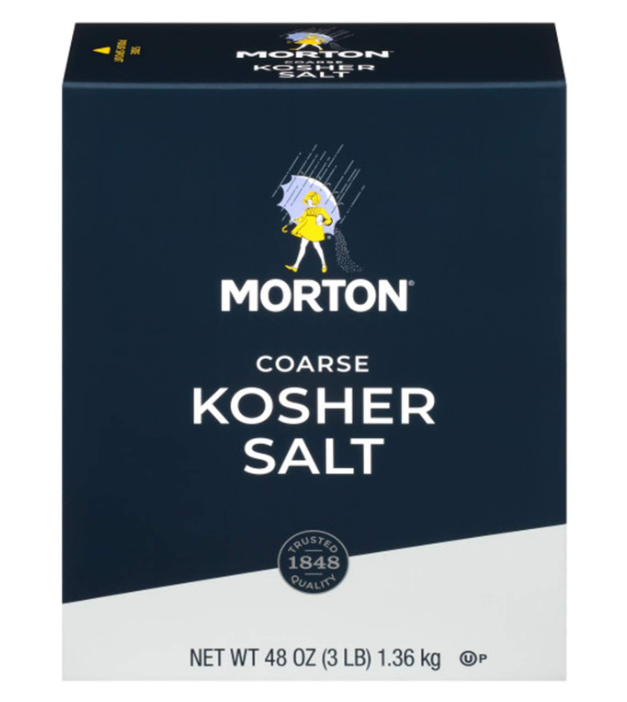
Morton Coarse Kosher Salt
Key Aspects: Large flakes, additive-free, versatile
Perfect For: Cooking, seasoning meat, general use
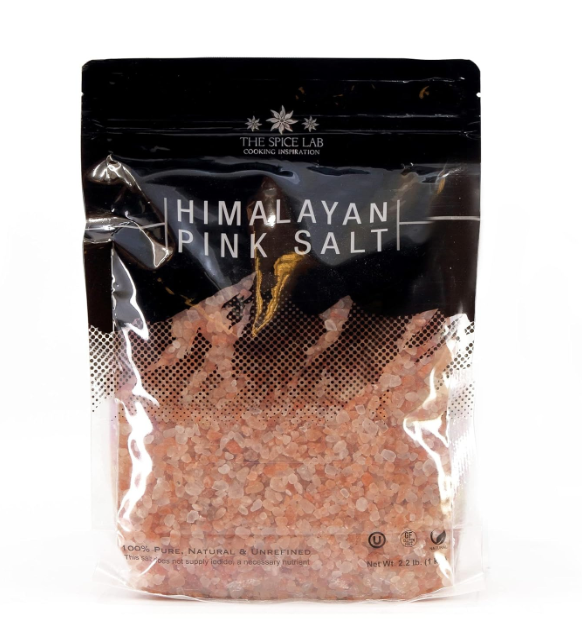
Himalayan Pink Salt
Key Aspects: Contains trace minerals, natural pink hue, mined from ancient sea beds
Perfect For: Cooking, finishing, health-conscious recipes
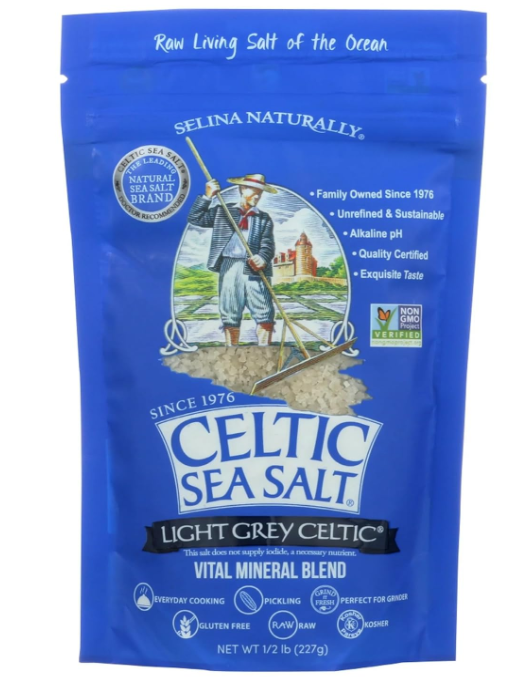
Celtic Sea Salt
Key Aspects: Coarse texture, mineral-rich, natural
Perfect For: Finishing dishes, seasoning
Common Questions About Salt
What is the best salt for cooking?
It depends on the dish and personal preference. Kosher salt is great for general cooking, while sea salt and Himalayan pink salt are excellent for finishing dishes. Refer to the Salt Matrix above for a general idea of which salt to use.
How much sodium should I consume per day?
The recommended daily value of sodium is about 2,300 milligrams, but many health experts suggest aiming for 1,500 milligrams to lower blood pressure risks.
Is Himalayan pink salt in water beneficial?
Some people believe that dissolving pink Himalayan salt in water, known as sole water, can balance the body’s pH and improve hydration, although scientific evidence is limited.
What foods are high in sodium?
Foods rich in sodium include processed foods, canned soups, deli meats, and salty snacks. It’s important to monitor your intake to stay within the max sodium per day limits.
How does salt impact blood pressure?
Excessive salt intake can raise blood pressure in some individuals. It’s essential to consume salt in moderation and choose less processed forms when possible.
Is adding salt to water for cooking necessary?
Adding salt to water can enhance the flavor of foods like pasta and vegetables, and it can also raise the boiling point slightly, cooking the food more efficiently.
